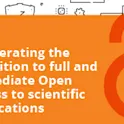
Open science policy
19 Feb 2019
Frontiers’ feedback on the implementation guidance of Plan S
Frontiers’response to the call for public feedback on the Guidance on the Implementation of Plan S

Open science policy
19 Feb 2019
Frontiers’response to the call for public feedback on the Guidance on the Implementation of Plan S

Open science policy
14 Dec 2018
Recent developments in the transition to Open Access in Europe and beyond
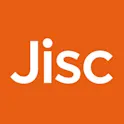
Frontiers news
05 Nov 2018
Improved service for institutions to capture, store, curate and showcase articles published by their researchers in Frontiers journals

Open science policy
26 Oct 2018
Open Science offers both competitive and collaborative advantages, and is vital to boost the impact of Horizon Europe.

Open science policy
25 Oct 2018
Open Access is becoming the accepted standard for sharing research results. The next step is using machines to improve data analysis and publishing systems.

Open science policy
04 Sep 2018
A group of national funders, joined by the European Commission and the European Research Council, announce plans to make Open Access publishing mandatory for recipients of their agencies’ research funding.
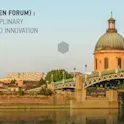
Open science and peer review
29 Aug 2018
Dr Kamila Markram joined the stage with Robert Jan Smits from the European Commission and leading academics at the 2018 EuroScience Open Forum.
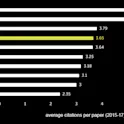
Frontiers news
11 Jul 2018
Frontiers is the 4th most cited publisher amongst the 20 largest publishers, ranked by average citations over a three-year period (2015-2017). The same analysis also reveals a citation advantage of Open Access journals over subscription journals in the last three years.

Frontiers news
01 Jun 2018
The national agreement allows researchers in Sweden to publish in Frontiers’ journals through a simplified process with discounted fees.

Frontiers news
21 Feb 2018
The new partnership improves the visualization and citation of supplementary data, allows more types of data with articles, and helps satisfy requirements for open and FAIR data

Frontiers news
20 Dec 2017
Landmark Open Access Publishing Framework Agreement signed between Frontiers, the Austrian Science Fund (FWF) & University of Vienna

Open science and peer review
05 Dec 2017
Our state-of the-art Open Science Platform is a key strategy to review, publish, evaluate and disseminate research efficiently and at high quality.
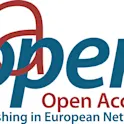
Frontiers news
24 Mar 2017
Frontiers invited by the OAPEN Foundation to be included in a list of book publishers that comply with the Open Access requirements of ERC, Wellcome and FWF.

Open science and peer review
06 Mar 2017
Academic output has exploded over the last 100 years but how can the most relevant research be found? — by Melissa Cochrane In 2009, it’s estimated there were at least 50 million research publications floating around the coves of the internet. If you printed all of them out and put them side by side, you could go all the way around the earth. Based on the recent data, however, it appears the number of publications are at least 3 times larger than previously thought, at around 160 million, and the growth rate has increased to 0.8% per month, doubling in just over 7 years. It’s clear that the scientific world is booming with information, but how do researchers find out who, what and where is relevant to their specific fields? How on earth can we navigate all this? Kicked off two years ago, Microsoft Academic is a research project inside Microsoft Research. At its core is an artificial intelligence agent that reads all academic publications on the web to learn and automatically create a massive knowledge base, going far beyond a simple keyword-matching search to provide an overall benchmark and the context of what you’re looking for. A goal of […]

Open science and peer review
25 Nov 2016
A recent study analyzes the investment in OA publishing by German research institutions, indicating a growing trend toward full open access and raising important questions about hybrid OA journals.
Get the latest research updates, subscribe to our newsletter